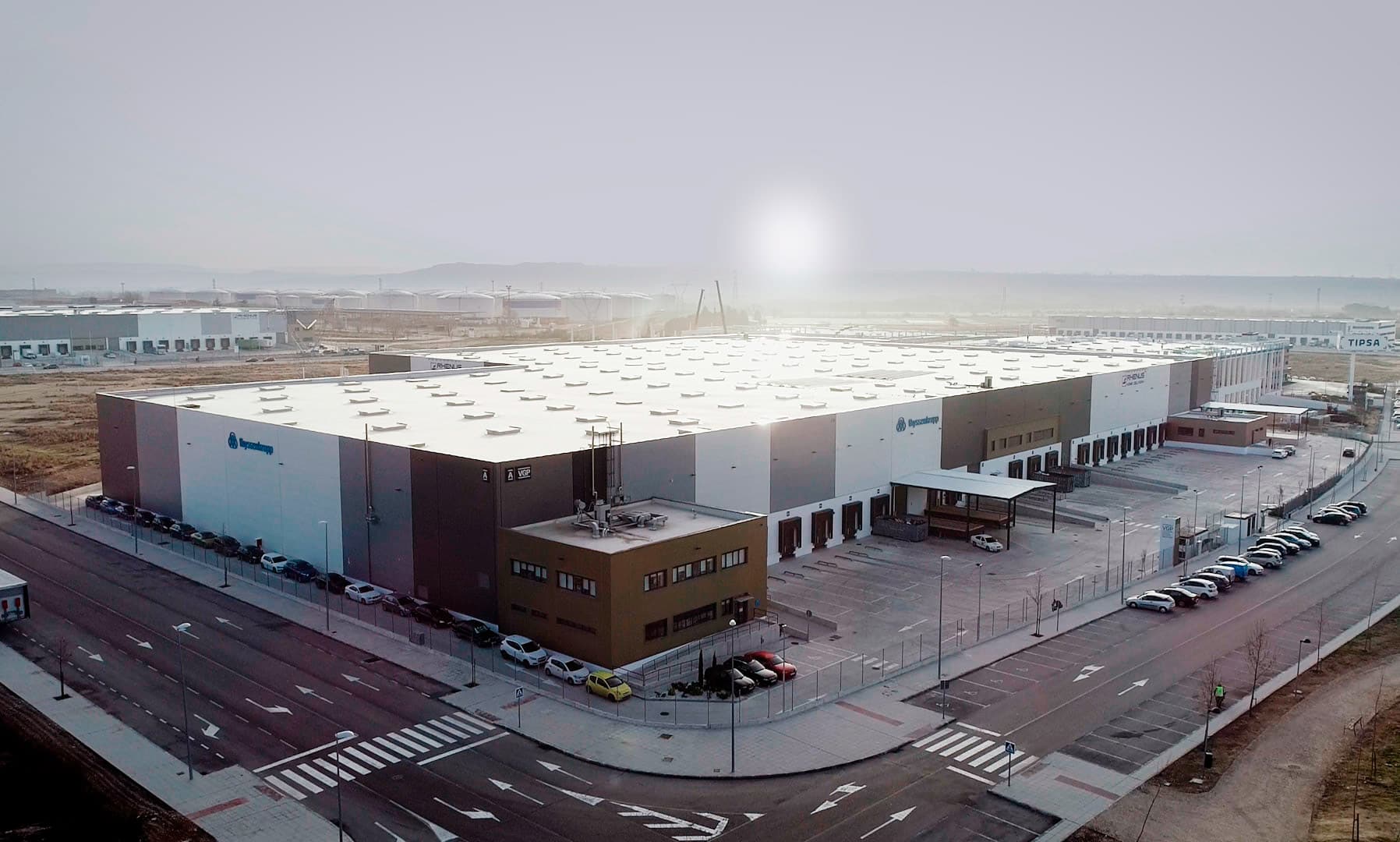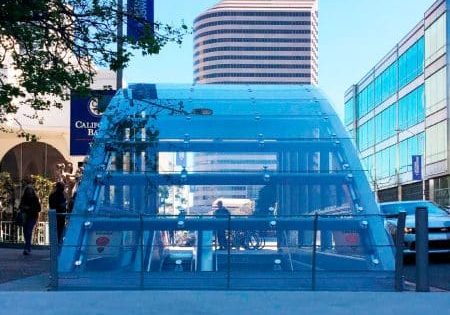ThyssenKrupp Elevator aims to expand Spain pilot program to the U.S., China and India.
In early February, thyssenkrupp Elevator inaugurated its 6,853-m2 Smart Data Technological Warehouse in the San Fernando de Henares municipality of Madrid. Connected to thyssenkrupp’s MAX predictive-maintenance solution, the warehouse has approximately 25 employees and holds up to 9,800 spare parts and components, with the capacity to handle more than 1.4 million orders annually — an increase of 400% compared to the previous warehouse. Representing a EUR3.5-million (US$3.7-million) investment, the warehouse is focusing on customers in Spain, Portugal and Italy.
Coming soon, thyssenkrupp said, will be similar warehouses in key hubs worldwide: Memphis, Tennessee; Neuhausen, Switzerland; Shanghai; Porto Alegre, Brazil; and Pune, India. Setting up additional smart warehouses in these locations will “completely do away with the scattering of components in currently more than 10,000 different storage locations,” thyssenkrupp Elevator observed.
Warehouses’ connection to MAX, installed in more than 120,000 elevators worldwide, promises to speed the parts-ordering process by saving and analyzing information “for perfect scheduling of requests,” according to thyssenkrupp Elevator. Before a failure occurs, MAX anticipates which components need to be serviced or replaced. The company stated:
“With MAX, elevators’ functions are continuously and accurately monitored. The real-time data collected by sensors in the elevators are sent to the cloud, where they are analyzed by a learning system using artificial intelligence. The synchronization of the new storage project with MAX will mean greater immediacy and anticipation in telling operators which parts are needed for repair. Connected to mobile devices, MAX’s algorithm sends accurate diagnostics directly to technicians to keep them informed of maintenance and repair needs, preparing them for any eventuality.”
Compared to a traditional warehouse, the smart warehouse will create time savings of 30%, the company said. In addition, there will be a:
- 10% annual reduction in number of trips by technicians to pick up components between jobs
- 20% reduction in wait time for elevators to be put back into service
- Reduction in environmental impact
In the Madrid smart warehouse, all component packaging is replaced by recyclable materials, and better efficiency results in lesser environmental impact. Pointing out that, according to the Intergovernmental Panel on Climate Change, approximately 5.5% of global greenhouse gas emissions are due to logistics activities, the Madrid warehouse’s elimination of unnecessary journeys to ship components will result each year in “64 mT of CO2 not being emitted by the fleet, which means a savings of 400,000 km per year, equivalent to performing 10 laps around the Earth.”
With a goal of becoming the central spare-parts base of thyssenkrupp Elevator throughout southern Europe, the Madrid facility “combines smart data with our logistics to help us maximize elevator uptimes, which makes cities better and easier places in which to live,” said Dario Vicario, CEO of thyssenkrupp Elevator for Spain, Portugal and Africa.
Get more of Elevator World. Sign up for our free e-newsletter.






